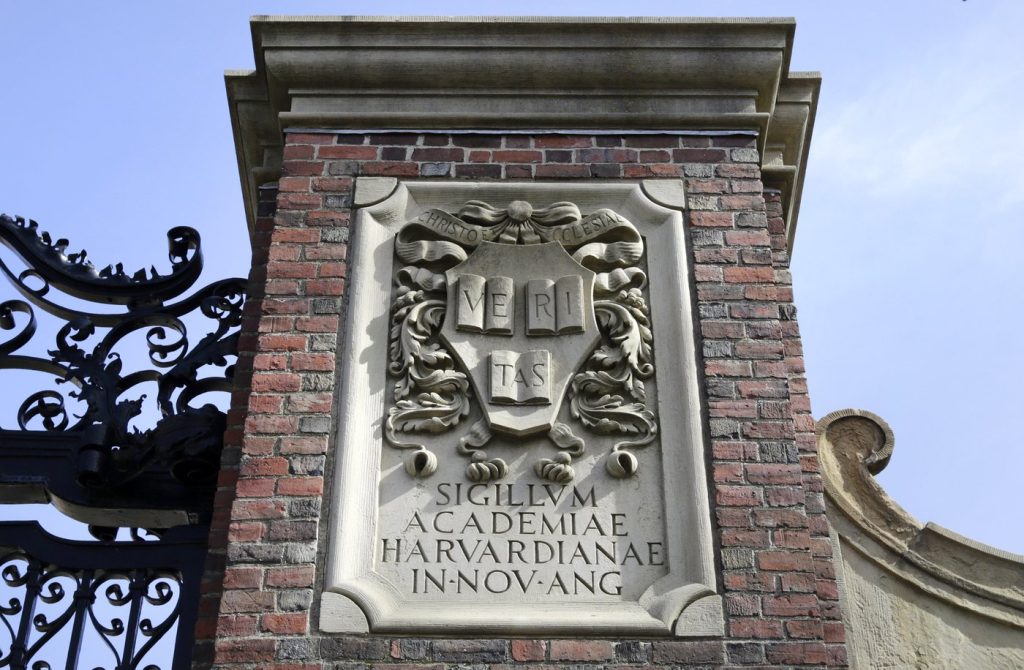On Thursday, a federal judge issued a temporary injunction against a proclamation by President Donald Trump that aimed to prevent incoming foreign students from attending Harvard University. This proclamation, which was issued on Wednesday, represents a continued effort by Trump's administration to restrict access to the nation’s oldest and wealthiest university, impacting approximately a quarter of its student population. These international students contribute significantly to Harvard's research initiatives and academic excellence.
In a strategic legal response, Harvard University filed a lawsuit hours before the proclamation was made, arguing that Trump's order was retaliatory in nature, stemming from the institution's rejection of specific demands made by the White House. This legal challenge emphasized that the move was not only unfounded but also unlawful, given the potential implications for the university's academic environment and research capabilities.
Harvard's initial lawsuit marked a swift reaction to the administration's announcement, asserting that the president's attempt to ban foreign students represented an illegal overreach of federal authority. The university posited that such a proclamation was an effort to circumvent a prior court ruling that had already established protections for foreign students seeking education in the United States.
In the amended lawsuit filed on Thursday, Harvard expanded upon its arguments, stating that Trump’s actions were not only detrimental to its educational framework but also posed a severe risk to the broader landscape of higher education. The institution underscored the critical role that international students play in contributing to its vibrant academic community, noting that these individuals are integral to the continuation of its prestigious research programs.
This legal dispute highlights the ongoing tension between higher education institutions and the federal government regarding immigration and education policy. Harvard’s challenge stands as a key moment in the larger discourse surrounding the treatment and status of foreign students in the United States, particularly amidst an increasingly stringent immigration environment under the Trump administration.
The outcome of this legal battle could have far-reaching consequences not just for Harvard, but for universities nationwide that rely on a diverse, global student body to foster innovation and academic inquiry. As the case evolves, many stakeholders, including other educational institutions, advocacy groups, and the international student community, will be closely monitoring the developments in this pivotal legal struggle.











